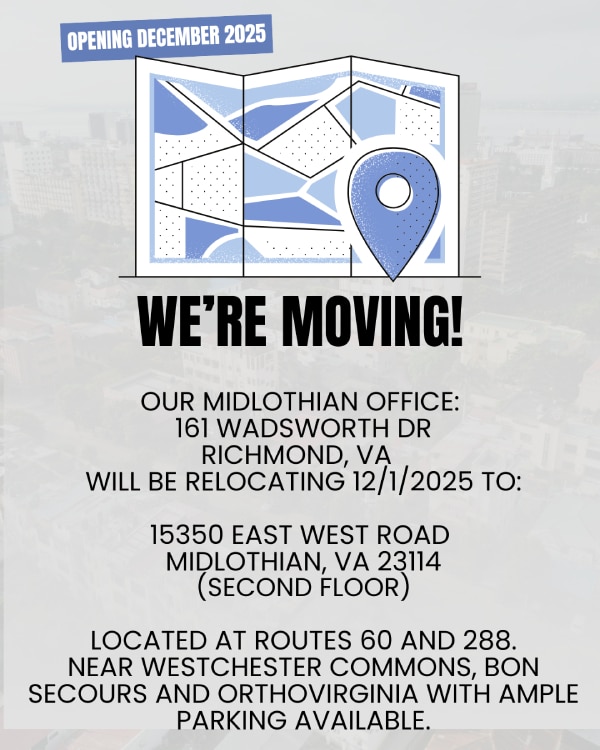Hearing loss affects millions of people worldwide, and for those experiencing this condition, hearing aids can be a life-changing solution. While it may be tempting to simply purchase a hearing aid online or from a retail store, consulting an Ear, Nose and Throat (ENT) specialist and an audiologist before acquiring a hearing aid can provide significant advantages. In this blog post, we will explore the importance of seeking the expertise of hearing specialists when considering hearing aids and how it can enhance your overall hearing healthcare.
Understanding Hearing Loss
Before delving into the topic of hearing aids, it’s essential to understand hearing loss. Hearing loss can result from different factors, such as age, noise exposure, genetics or certain medical conditions. The severity and type of hearing loss can vary, ranging from mild to profound, and it may affect one or both ears.
What is a Hearing Aid?
Hearing aids are remarkable devices that have revolutionized the lives of millions of people with hearing loss. These small electronic devices are designed to amplify sound and improve the ability to hear and understand speech. A hearing aid consists of several components housed within a discreet casing that is typically worn behind or inside the ear. While the specific design and features may vary, all hearing aids serve the common purpose of enhancing sound perception and improving speech understanding for individuals with hearing impairment.
Types of Hearing Aids
There are different types of hearing aids available to cater to diverse needs and preferences. The common types include:
- Behind-the-Ear (BTE): These rest behind the ear and are connected to a custom earpiece or earmold that sits inside the ear canal.
- In-the-Ear (ITE): These are custom-made devices that fit directly into the outer portion of the ear.
- In-the-Canal (ITC) and Completely-in-the-Canal (CIC): These are small, discreet devices that fit partially or entirely within the ear canal, making them less visible.
- Receiver-in-Canal (RIC) or Receiver-in-the-Ear (RITE): These are similar to BTE devices but have a thin wire connecting the behind-the-ear portion to the receiver placed in the ear canal.
Benefits of Hearing Aids
There are several benefits to acquiring a hearing aid, including:
- Improved Communication: Hearing aids enhance speech understanding, allowing individuals with hearing loss to engage more effectively in conversations, both in quiet and challenging listening environments.
- Enhanced Quality of Life: By restoring access to sounds and improving communication, hearing aids can significantly enhance overall quality of life, promoting social interaction, emotional well-being and a sense of connectedness with others.
- Cognitive Stimulation: Hearing loss has been linked to cognitive decline. Hearing aids help individuals stay engaged and mentally active by providing auditory stimulation and reducing the cognitive load required to process speech.
- Safety and Independence: Improved hearing through hearing aids enhances awareness of environmental sounds, making individuals more alert to potential hazards and promoting a sense of independence.
Why Consult a Specialist for Hearing Aids?
When considering hearing aids, it’s highly recommended to consult an ENT specialist for an accurate diagnosis, personalized treatment plan and ongoing care. Their specialized knowledge and expertise in ear-related disorders make them the ideal professionals to guide you through the process of selecting, fitting and adjusting hearing aids.
Accurate Diagnosis and Assessment:
When it comes to your hearing health, it’s crucial to obtain an accurate diagnosis and assessment of your condition. By consulting an ENT doctor, you can benefit from their expertise and thorough evaluation of your hearing abilities. They will conduct comprehensive tests, such as audiometry and tympanometry, to determine the extent of your hearing loss, identify potential underlying causes and recommend the most suitable treatment options.
Tailored Treatment Plans:
Every individual’s hearing loss is unique, and a one-size-fits-all approach rarely suffices. ENT doctors are trained to provide personalized treatment plans based on your specific needs and lifestyle requirements. They consider factors such as the type and degree of hearing loss, your communication needs and any existing medical conditions. By consulting a specialist, you can be confident that the hearing aids recommended will be optimized to address your specific hearing challenges, ensuring maximum benefit and improved quality of life.
Proper Fitting and Adjustment:
Hearing aids are sophisticated devices that require proper fitting and adjustment to provide optimal results. An ENT doctor can ensure that your hearing aids are fitted correctly, accounting for factors such as the shape and size of your ear canal, your hearing loss configuration and your comfort. They will make necessary adjustments to fine-tune the devices to match your hearing needs, ensuring clarity and natural sound perception. Regular follow-up appointments with an ENT doctor are essential to address any concerns, optimize device settings and ensure continued satisfaction with your hearing aids.
Comprehensive Care and Monitoring:
An ENT doctor offers comprehensive care and monitoring for your hearing health. They have extensive knowledge of the auditory system and can detect any potential underlying conditions that may require medical intervention. Regular check-ups with an ENT doctor allow for ongoing evaluation of your hearing and overall ear health, ensuring early detection of any changes or complications. They can also provide guidance on hearing protection strategies and advice on communication techniques to help you better manage your hearing loss.
By seeking the expertise of an ENT specialist, you can improve your overall hearing healthcare, maximize the benefits of your hearing aids, and enjoy a better quality of life with enhanced communication and social interactions.
Visit Virginia ENT
At Virginia ENT, we’re dedicated to helping our patients hear better. Our ENT specialists and audiologists work together to provide excellent hearing care services to patients with hearing loss. By requesting an appointment at Virginia ENT, you can look forward to convenient and expert care for all of your hearing needs!







